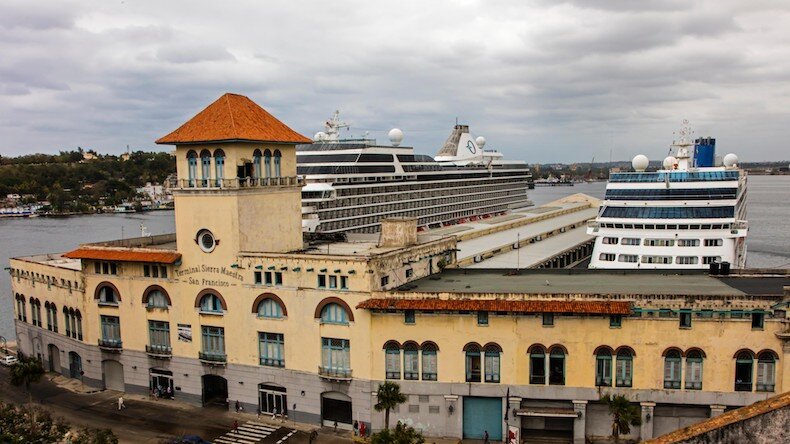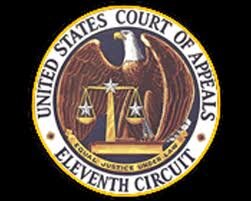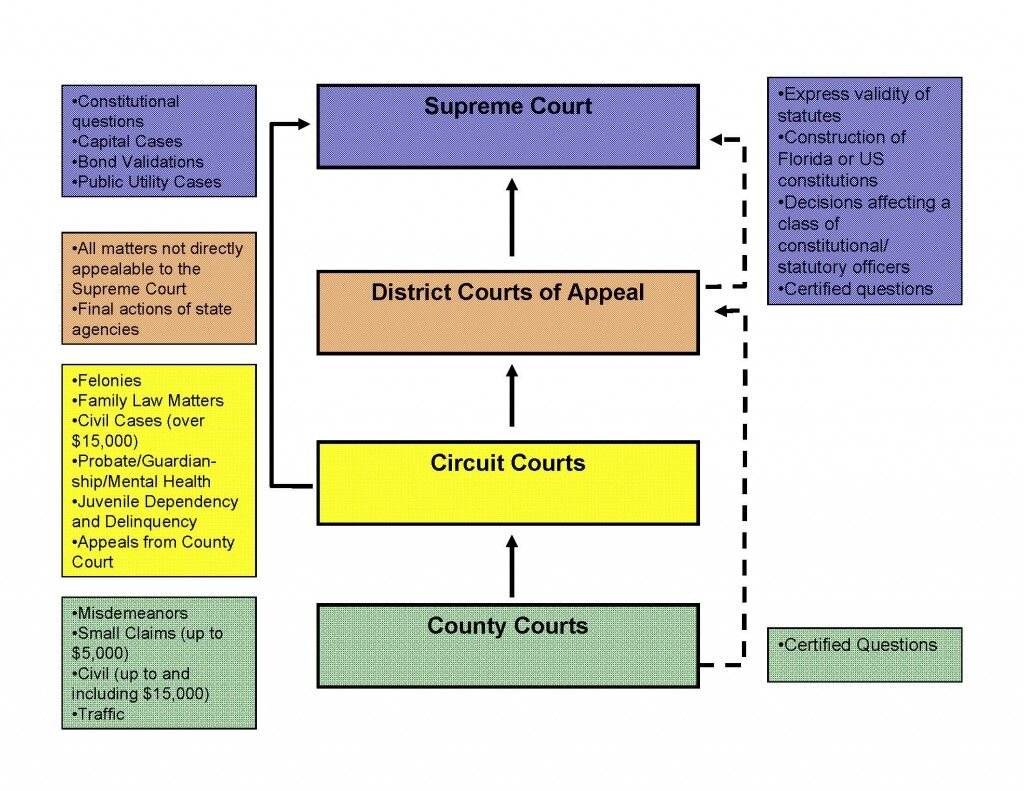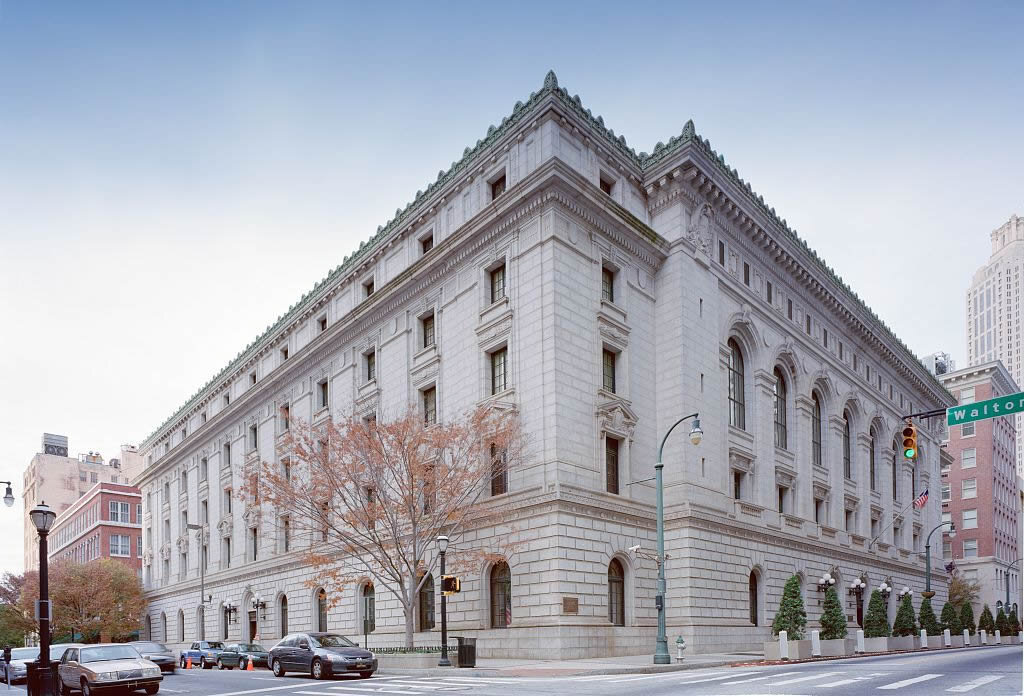Amazon & Susshi Win Dismissal (With Prejudice) Of Libertad Act Lawsuit For Selling Charcoal From Cuba; Will Plaintiff Appeal?
/DANIEL A. GONZALEZ VS. AMAZON.COM, INC., AND SUSSHI INTERNATIONAL, INC., D/B/A/ FOGO CHARCOAL [1:19-cv-23988; Southern Florida District]
Cueto Law Group, P.L. (plaintiff)
Wicker Smith O’Hara McCoy & Ford (defendant- Susshi International)
Morgan, Lewis & Bockius (defendant- Amazon)
Excerpts:
Gonzalez has still failed to sufficiently allege in his Amended Complaint that he has an actionable ownership interest in the property.1 Gonzalez does not allege that he inherited the property before 1996 (and instead alleges that he inherited it sometime after November 2016), and therefore he fails to state a claim. [1 Gonzalez’s failure to sufficiently allege that he has an actionable ownership interest is dispositive, and therefore, the Court need not address whether Gonzalez has sufficiently alleged that the Defendants knowingly and intentionally trafficked in the property.]
“In the case of property confiscated before March 12, 1996, a United States national may not bring an action under [the Act] . . . unless such national acquires ownership of the claim before March 12, 1996.” 22 U.S.C. § 6082(a)(4)(B). In other words, the United States citizen filing suit must already own the interest in the confiscated property on March 12, 1996 when the Act was passed. Congress intended that this requirement prevent foreigners from “relocate[ing] to the United States for the purpose of using this remedy” and that it “eliminate any incentive that might otherwise exist to transfer claims to confiscated property to U.S. nationals in order to take advantage of the remedy created by [the Act].” Conference Report at H1660, 1996 WL 90487. Therefore, the Helms-Burton Act only applies to claim owners who are already United States citizens at the time the Act was passed on March 12, 1996. Id.
Here, the Plaintiff’s father allegedly inherited the property from the Plaintiff’s grandfather in 1988, and then Plaintiff’s mother inherited the property from his father in November 2016. (ECF No. 29 at ¶ 16.) Sometime after the Plaintiff’s mother inherited the land in November 2016, she “chose to pass her ownership claim” to the Plaintiff. (Id.) The plain language of the statute indicates that these allegations are insufficient. The statute states that a United States national may not bring an action “unless such national” acquires an interest to the property before 1996. 22 U.S.C. § 6082(a)(4)(B) (emphasis added). “[S]uch national” plainly refers to the “United States national” who may or may not bring an action under the Helms-Burton Act. See Havana Docks Corporation v. MSC Cruises SA Co., -- F. Supp. 3d --, 2020 WL 59637, at *3 (S.D. Fla. Jan. 6, 2020) (Bloom, J.) (reasoning that ignoring the qualifying word “such” in interpreting a separate provision of the Act “would run afoul basic canons of statutory interpretation.”). Moreover, this interpretation of the subsection is consistent with its intent, which is to prevent individuals from transferring their ownership interest in confiscated property to a United States citizen after the Act’s enactment in 1996. Conference Report at H1660, 1996 WL 90487. Congress did not intend for those who acquired an interest in confiscated property after 1996 to bring Helms-Burton Act claims if their property was confiscated before March 12, 1996. Therefore, Gonzalez has failed to state a claim upon which relief may be granted.
In sum, the Court grants the Defendants’ motions to dismiss (ECF Nos. 35, 36) with prejudice. Gonzalez has had two opportunities to state a claim and has failed to do so, and it appears any further amendment would be futile. Further, Gonzalez has not requested leave to amend; nor has he indicated in his response to the Defendants’ motions any inclination whatsoever to do so. Wagner v. Daewoo Heavy Industries Am. Corp., 314 F.3d 541, 542 (11th Cir. 2002) (“A district court is not required to grant a plaintiff leave to amend his complaint sua sponte when the plaintiff, who is represented by counsel, never filed a motion to amend nor requested leave to amend before the district court.”); Avena v. Imperial Salon & Spa, Inc., 17-14179, 2018 WL 3239707, at *3 (11th Cir. July 3, 2018) (“[W]e’ve rejected the idea that a party can await a ruling on a motion to dismiss before filing a motion for leave to amend.”) The Court directs the Clerk to close this case. Any pending motions are denied as moot.
Done and ordered, in Chambers, in Miami, Florida on May 11, 2020.
LINK To Judge’s Order on Motions to Dismiss
Will Plaintiff Appeal?
The plaintiff may seek to appeal the dismissal to the United States Court of Appeals for the Eleventh District whose headquarters is located in Atlanta, Georgia.
According to practitioners, Courts of Appeals generally prefer a holistic approach, disliking piecemeal legal filings and will await final dispensation of a case prior to moving up within the legal process.
From The Court: “Established by Congress in 1981, the United States Court of Appeals for the Eleventh Judicial Circuit has jurisdiction over federal cases originating in the states of Alabama, Florida and Georgia. The circuit includes nine district courts with each state divided into Northern, Middle and Southern Districts.”
From The Court: “Although some cases are decided based on written briefs alone, many cases are selected for an "oral argument" before the court. Oral argument in the court of appeals is a structured discussion between the appellate lawyers and the panel of judges focusing on the legal principles in dispute. Each side is given a short time — usually about 15 minutes — to present arguments to the court.
Most appeals are final. The court of appeals decision usually will be the final word in the case, unless it sends the case back to the trial court for additional proceedings, or the parties ask the U.S. Supreme Court to review the case. In some cases the decision may be reviewed en banc, that is, by a larger group of judges (usually all) of the court of appeals for the circuit.
A litigant who loses in a federal court of appeals, or in the highest court of a state, may file a petition for a "writ of certiorari," which is a document asking the Supreme Court to review the case. The Supreme Court, however, does not have to grant review. The Court typically will agree to hear a case only when it involves an unusually important legal principle, or when two or more federal appellate courts have interpreted a law differently. There are also a small number of special circumstances in which the Supreme Court is required by law to hear an appeal. Different types of cases are handled differently during an appeal. Civil Case: Either side may appeal the verdict.”
LINK To United States Court Of Appeals For The Eleventh Circuit
http://www.ca11.uscourts.gov/































